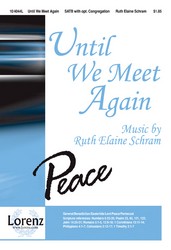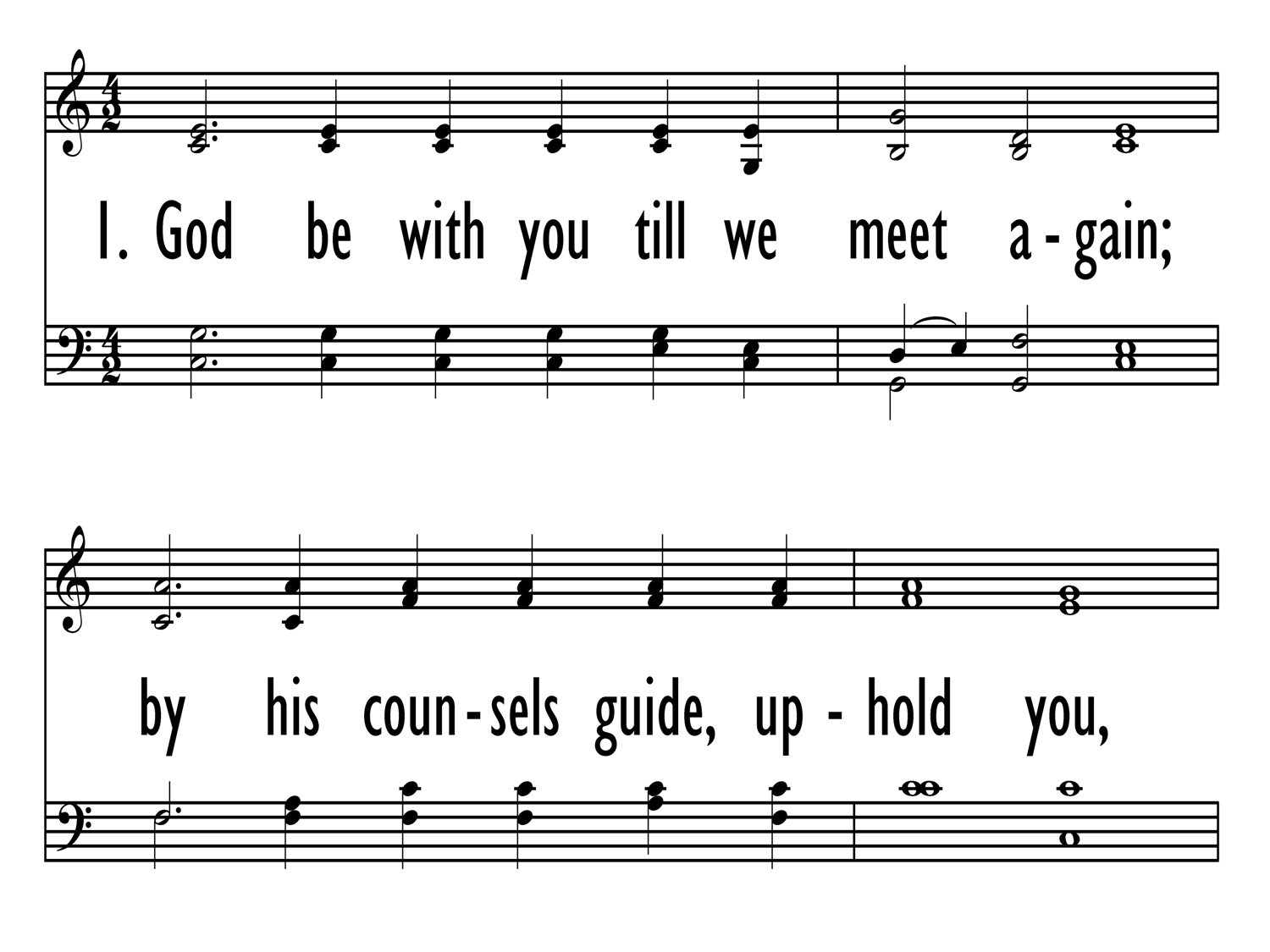- |
User Links
RANDOLPH (Vaughan Williams)

RANDOLPH (Vaughan Williams)
Composer: Ralph Vaughan Williams (1906)Published in 44 hymnals
Printable scores: PDF
Audio files: MIDI, Recording
Composer: Ralph Vaughan Williams
 Through his composing, conducting, collecting, editing, and teaching, Ralph Vaughan Williams (b. Down Ampney, Gloucestershire, England, October 12, 1872; d. Westminster, London, England, August 26, 1958) became the chief figure in the realm of English music and church music in the first half of the twentieth century. His education included instruction at the Royal College of Music in London and Trinity College, Cambridge, as well as additional studies in Berlin and Paris. During World War I he served in the army medical corps in France. Vaughan Williams taught music at the Royal College of Music (1920-1940), conducted the Bach Choir in London (1920-1927), and directed the Leith Hill Music Festival in Dorking (1905-1953). A major influence i… Go to person page >
Through his composing, conducting, collecting, editing, and teaching, Ralph Vaughan Williams (b. Down Ampney, Gloucestershire, England, October 12, 1872; d. Westminster, London, England, August 26, 1958) became the chief figure in the realm of English music and church music in the first half of the twentieth century. His education included instruction at the Royal College of Music in London and Trinity College, Cambridge, as well as additional studies in Berlin and Paris. During World War I he served in the army medical corps in France. Vaughan Williams taught music at the Royal College of Music (1920-1940), conducted the Bach Choir in London (1920-1927), and directed the Leith Hill Music Festival in Dorking (1905-1953). A major influence i… Go to person page >Tune Information
| Title: | RANDOLPH (Vaughan Williams) |
| Composer: | Ralph Vaughan Williams (1906) |
| Meter: | 9.8.9.8 |
| Incipit: | 35654 32113 45567 |
| Key: | D Major |
| Copyright: | Public Domain in the United States |
Alternative Tunes
Notes
Though the gospel tune by Tomer has enjoyed popularity, its overly sentimental character prompted a search for alternatives. Ralph Vaughan Williams (b. Down Ampney, Gloucestershire, England, 1872; d. St. Marylebone, London, England, 1958) composed the distinguished tune RANDOLPH for Rankin's text. The tune was first published in The English Hymnal (1906). In it Vaughan Williams matched the repetition of the first and last textual phrases with a repeated musical phrase.
Though written for unison singing and best accompanied with clear organ sounds, several stanzas sing well in parts, possibly even without accompaniment. Or sing the first and final phrases in unison and the inner phrases in harmony. Because the first and last phrases are identical for each stanza, this hymn is very effective when two groups alternate between stanzas, perhaps even facing each other.
Through his composing, conducting, collecting, editing, and teaching, Vaughan Williams became the chief figure in the realm of English music and church music in the first half of the twentieth century. His education included instruction at the Royal College of Music in London and Trinity College, Cambridge, as well as additional studies in Berlin and Paris. During World War I he served in the army medical corps in France. Vaughan Williams taught music at the Royal College of Music (1920-1940), conducted the Bach Choir in London (1920-1927), and directed the Leith Hill Music Festival in Dorking (1905-1953). A major influence in his life was the English folk song. A knowledgeable collector of folk songs, he was also a member of the Folksong Society and a supporter of the English Folk Dance Society. Vaughan Williams wrote various articles and books, including National Music (1935), and composed numerous arrange¬ments of folk songs; many of his compositions show the impact of folk rhythms and melodic modes. His original compositions cover nearly all musical genres, from orchestral symphonies and concertos to choral works, from songs to operas, and from chamber music to music for films. Vaughan Williams's church music includes anthems; choral-orchestral works, such as Magnificat (1932), Dona Nobis Pacem (1936), and HodieThe English Hymnal(1906), and coeditor (with Martin Shaw) of Songs of Praise (1925, 1931) and the Oxford Book of Carols (1928).
--Psalter Hymnal Handbook
Timeline
Arrangements
Organ Solo
|
Piano Solo
|
Piano and Organ Duet
|
Piano Duet+: Piano Duet One Piano
|
Voices: Vocal Solo
|
Media
The United Methodist Hymnal #673
Text: God Be with You till We Meet Again- Audio recording from Glory to God: the Presbyterian Hymnal #541
- Audio recording from Lift Up Your Hearts: psalms, hymns, and spiritual songs #943
- MIDI file from Psalter Hymnal (Gray) #316
- Audio recording from Small Church Music #3198
- Audio recording from Small Church Music #3198
- Audio recording from Trinity Hymnal (Rev. ed.) #385
- Audio recording from The Worshiping Church #839
- MIDI file from The United Methodist Hymnal #673
- Audio recording from The United Methodist Hymnal #673
- MIDI file from With Heart and Voice: songs for all God's children #67


 My Starred Hymns
My Starred Hymns





